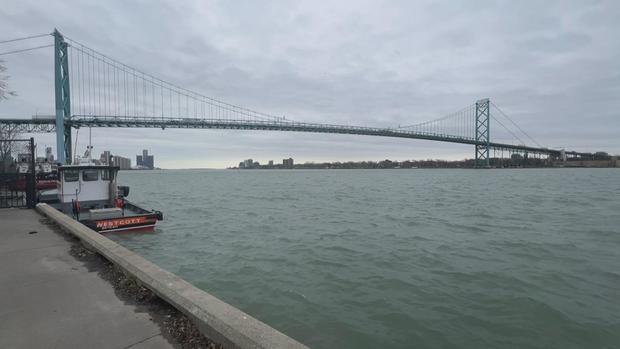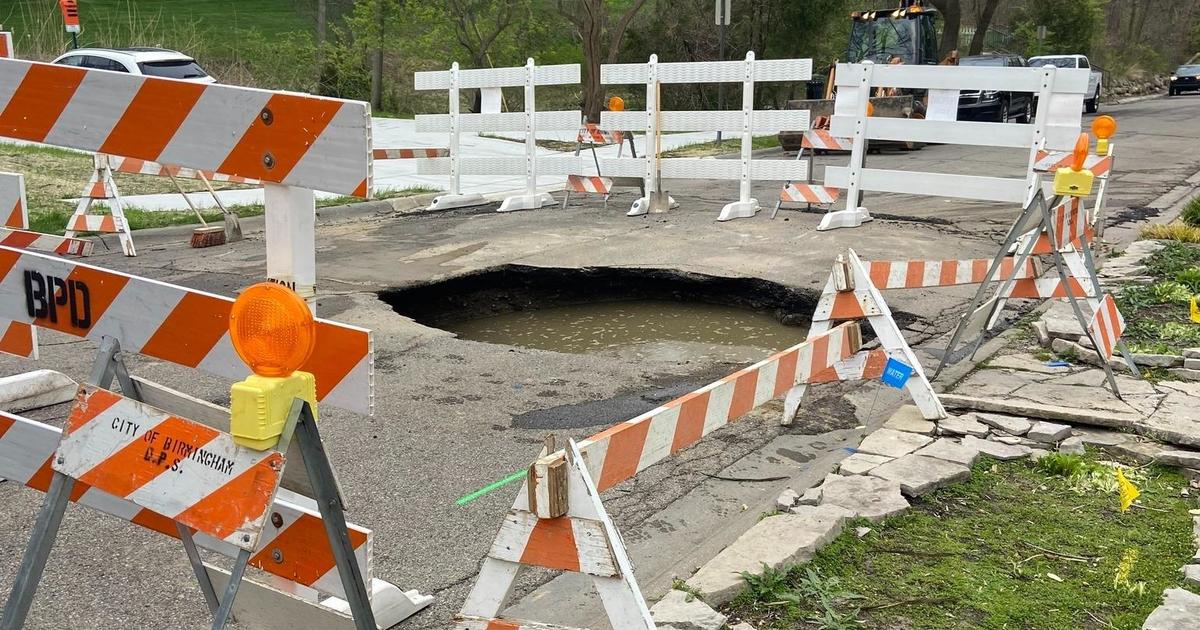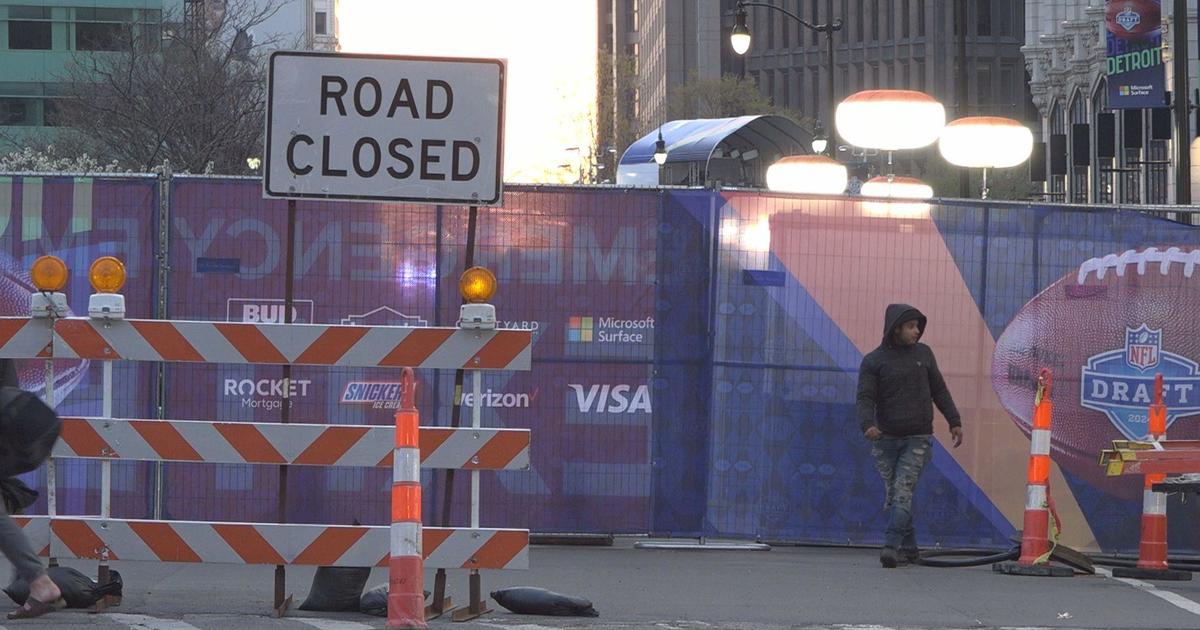How would Detroit respond to a bridge collapse after incident in Baltimore?
(CBS DETROIT) – The collapse of the Francis Scott Key Bridge in Baltimore on Tuesday has some wondering what the response would look like if a similar incident were to happen on the Detroit River.
A regional trade organization points out there are some key differences.
One of the glaring differences is size. The Port of Detroit is smaller than the Port of Baltimore, and most of the ships that travel through the Detroit River are U.S. vessels, which the Lake Carriers' Association says plays a significant role in safety.
"So we have very different requirements as opposed to these foreign vessels that come in," said Eric Peace, vice president of the Lake Carriers' Association. "Our requirements are much more stringent, our safety, our training, our coast guard inspections, we're also inspected by a classification society."
Peace adds when the Soo Locks close annually between January and March, ships within the association undergo a vigorous maintenance check to make sure things like the propulsion system are in working order, something that officials in Baltimore say failed in the critical moments before the 900-foot cargo ship from Singapore slammed into the Francis Scott Key Bridge early Tuesday morning.
"In the Detroit River, you do have bridge abutments that go across. I don't think the Gordie Howe has anything now; it's all close to the shoreline but much wider," Peace said. "Our vessels aren't quite as big as the one that hit there as far as the beam goes. We do have 1000-foot vessels, but our width is a little bit smaller," Peace said.
Water rescues are mentioned in the City of Detroit's Hazard Mitigation Plan, which was last updated in 2022.
In it, they reference a truck ferry service between Detroit and Windsor that closed last year.
They say in case of an accident, the U.S. Coast Guard, along with marine units from law enforcement and the ferry operator, would be the primary rescue response, adding: "These agencies are highly trained and skilled in water rescue operations, but their resources may not be sufficient or their efforts timely enough to save lives and the vehicles involved. Even with onboard lifesaving equipment, some loss of life would likely be inevitable, especially in inclement weather or with rough waters on the river."
READ: Francis Scott Key Bridge reconstruction should be paid for by federal government, Biden says
CBS News Detroit reached out to the U.S. Coast Guard on Tuesday, but it declined an on-camera interview, saying, "We do not speak to hypothetical situations."
The U.S. Coast Guard issued a statement which read in part:
"...the Coast Guard has pre-emptively created and maintained area contingency plans for each of our different areas of responsibility. These plans take into account the varied partner organizations, available assets, and challenges unique to that specific area."
"We do everything we can to make sure that we're being safe. Operating the most environmentally friendly mode of transportation to move large bulk cargo is critical," Peace said. "It definitely makes a difference that we have that ability to do that safely, and we take it very seriously."





